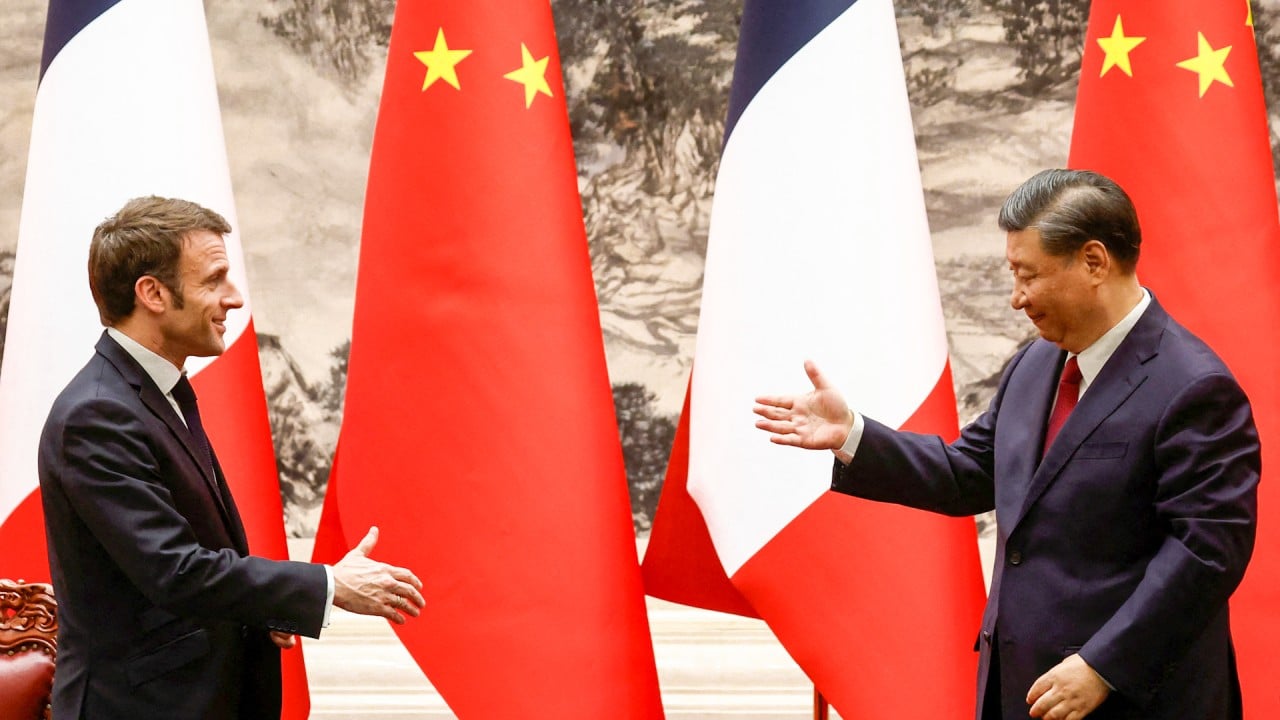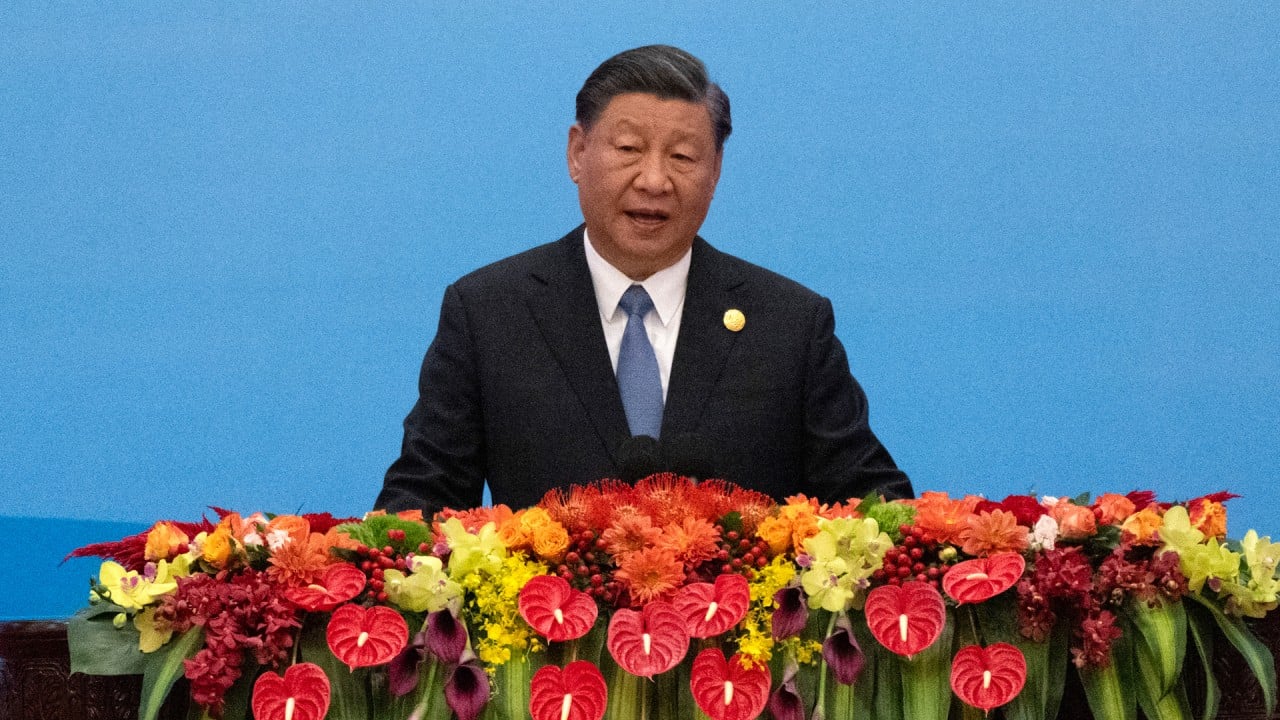
China-US relations: American funding tool struggles to compete with belt and road, particularly in Latin America: DFC chief
- Head of US International Development Finance Corporation calls on members of Congress to review the eligibility criteria for funding to help build partnerships
- US House Committee on Foreign Affairs member warns DFC must not become solely a tool for foreign policy
The idea at the time was to counter China’s belt and road infrastructure programme, prioritise partnerships with the private sector and present a financially sustainable alternative to Beijing-funded projects.
However, since its launch, the DFC has been repeatedly criticised by developing countries for its restrictions, reduced availability of funds and its slow approval of projects.
Compared to the nearly US$1 trillion invested by China in belt and road projects around the world, for example, the DFC was limited to a maximum contingent liability of US$60 billion.
It does not take into account some factors – such as inflation, purchasing power parity and exchange rate devaluation – that can distort the perception of countries’ economic health.
Addressing the House Committee on Foreign Affairs, Scott Nathan, CEO of the DFC, acknowledged these limits and called on members of Congress to review the eligibility criteria for funding.
He argued that helping global development met US national security needs and promoted political stability for allies and partners in the Global South.
“To my knowledge, we’re the only developing financial institution that uses the World Bank’s income classification categories. The World Bank doesn’t even use them as a way to determine lending eligibility. They have a more multifactorial approach,” he said.
Nathan highlighted how the classification mechanisms in the DFC mandate prevented the US from taking part in projects in Latin America, where many countries were classified as upper middle income economies.
“Latin America is a high priority for us. It’s currently about a quarter of our portfolio overall … but this issue related to income classification is a challenge,” he said, adding that it was important for the DFC to stay flexible to invest in the region to counter Chinese influence there.
Nathan was questioned about the slow-moving and bureaucratic approval process for projects. Ann Wagner, a Republican representative from Missouri, said “excessive red tape and confusing standards disincentivise our partners from working with us, leaving them vulnerable to China’s exploitation”.
She also said that tying loans and investment to “the imposition of progressive ideologies … will not win hearts and minds or improve the development outcomes we seek”.
“It is imperative to highlight the priorities that will build trust with our partners, not alienate them. The DFC empowers the US to do both: advance our strategic interests and also work with our partners to [help them] succeed and thrive.”
But Nathan disputed the claim, and defended the DFC’s “rigorous due diligence” as a distinctive feature that ensured sustainable investments, countering the belt and road approach. He proposed that Congress consider increasing the budget for more staff to speed up project approvals.
Despite the political call to counter the Chinese initiative, Nathan was warned in the committee meeting against the DFC becoming solely a tool for foreign policy. Joaquin Castro, a Democrat of Texas, emphasised the importance of its developmental mission.
“I fear that if this agency simply becomes a bank to execute the foreign policy priorities of the United States, the bipartisan coalition that supports the DFC will splinter,” he said.



